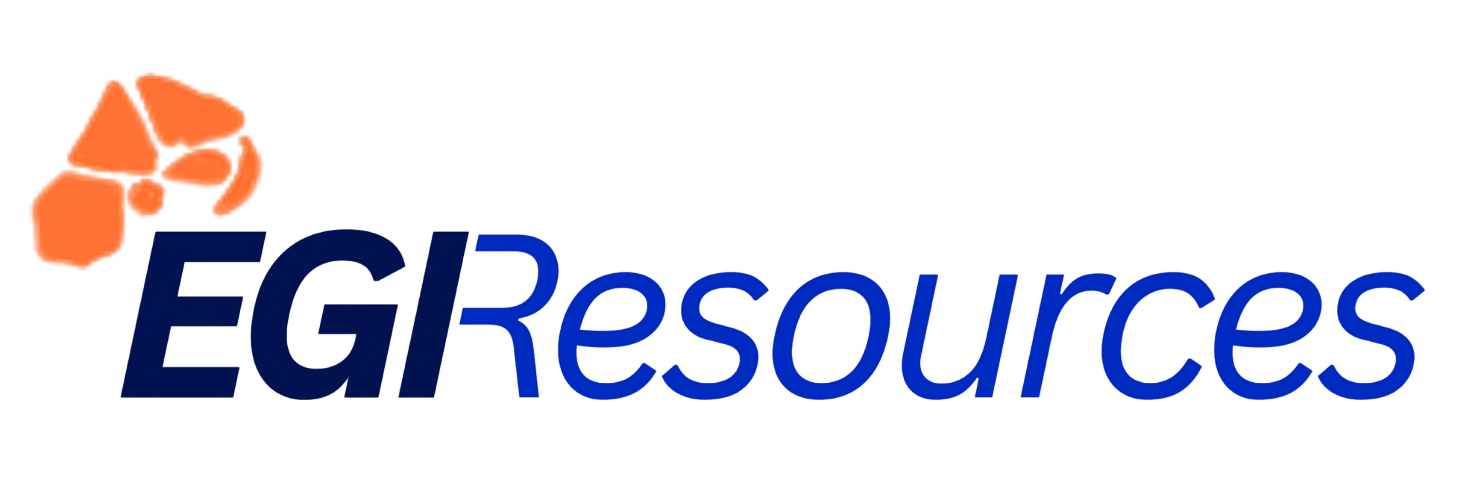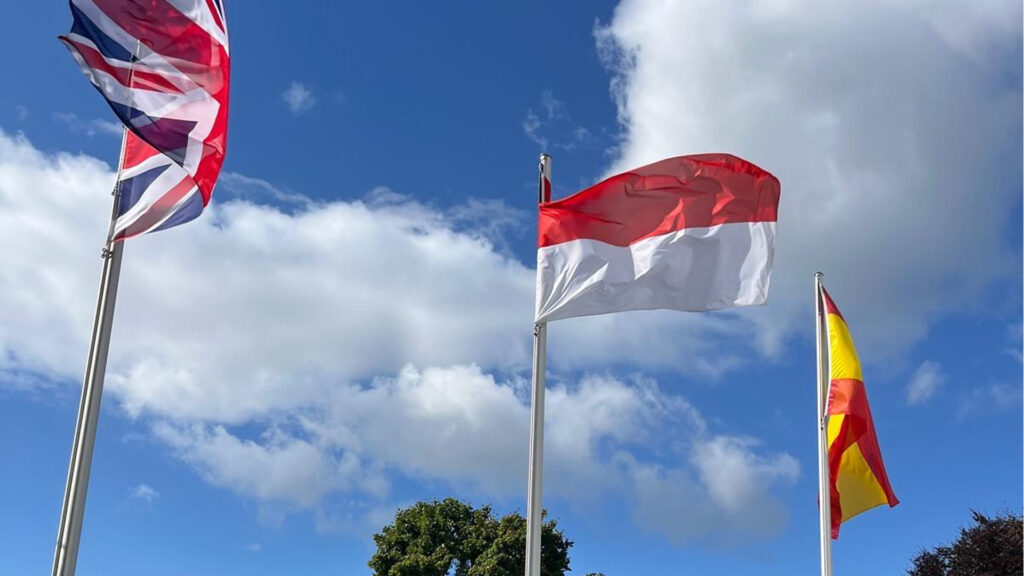Insulin manufacturing Indonesia is entering a decisive new phase as EGI Resources, GOR Investment, IDT Biologika, and Glatt Ingenieurtechnik align to accelerate a modern, GMP-compliant supply chain from pilot production in Europe to full-scale manufacturing in Indonesia.
A New Path from Pilot to Plant
Insulin manufacturing Indonesia has long been a strategic priority given the country’s rising diabetes burden and the need for reliable, affordable access to essential medicines. The partnership brings complementary strengths: IDT Biologika—a century-old, globally recognized CDMO for microbial and cell-culture platforms—will optimize and GMP-upgrade an E. coli insulin process and produce clinical batches; Glatt Ingenieurtechnik (GIT)—a seasoned engineering powerhouse with deep insulin and biotech facility references—will deliver the concept, basic, and detail design as well as CAPEX planning and implementation support; GOR Investment provides the insulin process IP and technical documentation; and EGI Resources leads local execution, financing coordination, and government relations.
Why this Matters Now
Insulin manufacturing Indonesia is about more than a factory; it’s about resilience. Localizing a GMP-compliant process reduces import dependence, smooths tender cycles, and supports equitable access for public and private channels. It also anchors advanced bioprocess know-how domestically—upstream and downstream optimization, aseptic fill-finish, serialization, cold chain, and GMP documentation—creating skilled jobs and a platform for adjacent biopharmaceuticals.
The Collaboration Structure and Roles
Insulin manufacturing Indonesia is best served by a clear split of roles:
1. Project governance and IP
GOR Investment remains process owner for the legacy insulin technology and its upgrades, ensuring a consistent technical baseline for development and regulatory filings. That clarity enables IDT to focus on GMP modernization and clinical supply without ambiguity on process stewardship. A dedicated project vehicle is planned to streamline multi-country contracting and financing, with transparent interfaces among the parties.
2. Development, clinical batches, and regulatory pathway
IDT Biologika is slated to establish a GMP-compliant E. coli master cell bank, finalize upstream and downstream improvements, and run clinical-grade batches for a Phase 1 study. Because the molecule is an established insulin type rather than a novel entity, only Phase 1 is anticipated, expediting the time from development to market authorization in Indonesia. IDT’s strengths—microbial fermentation, aseptic filling, analytical development, and inspection track record—de-risk the clinical supply stage and help align documentation for regulators (e.g., EMA and Indonesia’s BPOM equivalents). For readers seeking broader guidance on GMP expectations, the European Medicines Agency maintains public frameworks on quality and inspections that illustrate the rigor this program aims to meet.
3. Engineering, CAPEX, and Indonesian site readiness
Glatt Ingenieurtechnik (GIT) applies an interdisciplinary, modular design methodology—from concept and basic design through detail, procurement, installation, commissioning, and qualification. The firm brings insulin-specific credentials in upstream fermentation, downstream purification, clean utilities, and GMP zoning, alongside extensive 3D CAD/BIM workflows that accelerate design reviews and field coordination. For background on Glatt’s engineering capabilities and references across insulin and large-scale biotech, explore their engineering division pages.
4. Local execution, financing, and market integration
EGI Resources coordinates land, permitting alignment, potential local architect partners, and civil contractors in Indonesia, while structuring financing with export credit options where appropriate. This local leadership is vital to tailor the plant layout to Indonesian codes and to prepare the commercial model—direct supply, public tenders, hospital channels, and pharmacy networks—once the product reaches market.
From Attention to Interest: The Technical Journey
Insulin manufacturing Indonesia will follow a staged, tightly managed technical path:
1. Process Optimization and Master Cell Bank
The immediate priority is to convert legacy documentation into a modern GMP foundation. That includes confirming strain performance, defining critical quality attributes, validating raw materials, and setting robust in-process controls. IDT will generate a Master Cell Bank (MCB) under GMP, ensuring genetic stability, identity, and safety testing compatible with contemporary regulatory expectations. This step locks down the biology that will be transferred and scaled.
2. Upstream and downstream upgrades
On the upstream side, fermentation parameters—temperature profiles, oxygen transfer, feed strategies—will be refined to maximize yield and consistency. Downstream, the process will likely tighten capture, purification, and polishing steps with modern chromatography and filtration trains to improve purity profiles and reduce cost of goods. Analytical methods will be qualified to support release and stability programs, paving the way for reliable PPQ (process performance qualification) later.
3. Aseptic fill-finish and clinical packaging
Insulin manufacturing Indonesia requires not just drug substance but flawless drug product operations. IDT’s isolator-based filling lines and in-house QC/analytics enable clinical vials with validated visual inspection, labeling/packaging, and serialization capabilities. Those same standards inform the URS (user requirements specification) for Indonesia’s fill-finish selection, whether starting with vials and progressing to prefilled syringes or pens.
Building Desire: What Indonesia Gains
Insulin manufacturing Indonesia delivers concrete benefits across patient care, industry, and the broader economy:
1. Patient access and affordability
Local production reduces foreign exchange exposure and logistics risk, enabling steadier pricing and fewer stockouts. A reliable, GMP-compliant insulin source supports national formularies and increases confidence among clinicians and patients.
2. Technology transfer and workforce development
The pilot-to-plant model structures knowledge transfer: SOPs, batch records, validation packages, and training flow from the EU pilot site into Indonesian operations. Partnering with universities and technical institutes can expand this into apprenticeships for bioprocess technicians, QC analysts, engineers, and maintenance specialists.
3. Industrial diversification and export potential
Insulin manufacturing Indonesia strengthens the country’s biopharma footprint, inviting component suppliers (single-use, chromatography resins, filters) and service providers (calibration, cleanroom validation, HVAC) to localize. Over time, once domestic needs are met, regional exports can be explored—especially for near-market presentations and tenders.
4. Strategic resilience
Diversified supply chains are now board-level priorities. Anchoring essential medicine production in-country is a strategic hedge against geopolitical shocks, pandemics, or port disruptions. It also supports data sovereignty around manufacturing records and quality systems.

